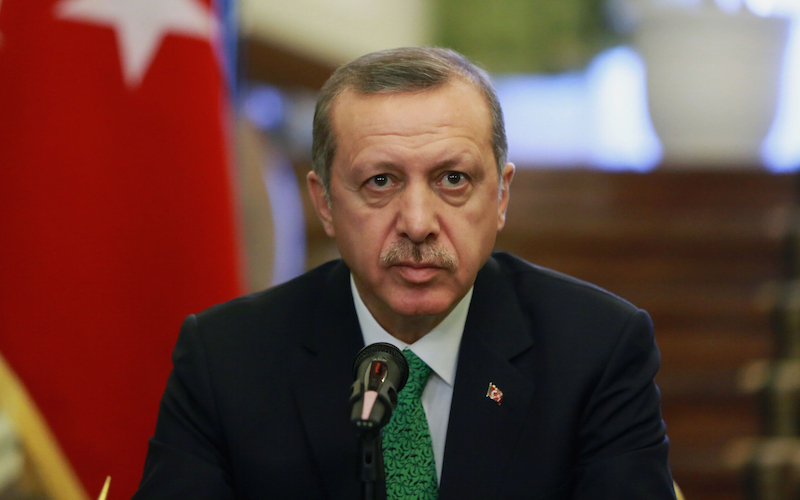
Goodbye Modern and Secular Turkey
Welcome to Istanbul, said a veiled, smiling hostesses in the Ataturk Airport. The first advertisement I saw in the airport lounge displayed a brand of cloth over a veiled woman. Three men from Saudi Arabia with traditional Arabic clothes and long beards like Muslim religious preachers were entering the gate.
These were the first images I had on a trip to Turkey about two months before the July 15th attempted coup. My impressions were very different from my mother’s description of Turkey in the 1980s during the period of a military, secular rule when there were no signs of religious symbols.
After the Justice and Development Party (AKP) came to power in 2003, many of American liberal think tanks, namely Brookings and Carnegie, saw Turkey under the AKP as a model for the entire Middle East because it combined democracy, secularism and Islam. At the time, I had written a book in which I asserted that Erdogan did not believe in democracy but used it as a tram to reach his goals. I referred to his speeches when he was the mayor of Istanbul, and suggested that he was willing to introduce religion into politics.
More than a decade has passed since that time, and Erdogan’s opposition to, arresting and deportation of hundreds of thousands of military members, teachers, and journalists implies that the optimistic analysis about the Muslim conservative model in Turkey was wrong.
Unfortunately, what is published in newspapers and the media relating to the AKP has largely been neglected by analysts who are advocates of the AKP model. During recent weeks, tensions between the US, the EU and Turkey have accelerated. Headlines and the subject of the articles written by journalists supporting the government, especially after the attempted coup, had common themes: anti-secularism, anti-modernity, and belief in religious and social conservatism.
One of the main recent attacks of AKP supporters is against the essential component of the Republic of Turkey: secularism.
For example, Ergün Yıldırım wrote a note entitled “Islam should speak for the new constitution” in the newspaper Yeni Safak on January 31, 2016: “The relationship between Islam and the constitution still conserves its timeliness. How can Islam contribute to the founding of a constitution with its legacy, resources and spirit? What kind of a constitution can we ask for from an Islamic perspective? We are going through a time in which Turkey is trying to found a new constitution. Muslims with an Islamic worldview have to ask these questions. They have to offer new concepts, perspectives and realities that contain Islamic thought during the making of a new constitution. Islam has passed a mute period. Therefore, Muslims need to speak up as a new constitution is being made and offer their ideas and proposals.”
Considering Yıldırım’s suggestion regarding using Islam to develop a new constitution for Turkey is an important issue as Ismail Kahraman, the President of the National Assembly of Turkey, had previously stated that there should be no sign of secularism in the new constitution of Turkey.
Yıldırım is not the only one writing against secularism in Yeni Safak. Yusuf Kaplan is another journalist who wrote on October 28th in this newspaper that secularism has enslaved the Middle East, and Islam must liberate it again. Kaplan’s “Secularism enslaved the Middle East, Islam will free it once again,” is especially erroneous.
Besides opposition of the media affiliated to the Turkish government concerning secularism, their anti-Western statements can also be worrying, especially since Turkey is a NATO member. For example, Tamer Korkmaz wrote in September in Yeni Safak “the American flag is [a] symbol of terrorism.”
The example he cited was the America flag flying in Manbij, Syria by the Democratic Union Party as proof that America supports terrorism in northern Syria.
Turkey accuses America of terrorism, while the Turkish state arrests journalists.
In the final analysis, Turkey is bordering on a failed state. Despite almost daily terrorist attacks, the government has decided that the true enemy is anyone who espouses a counter-narrative.
